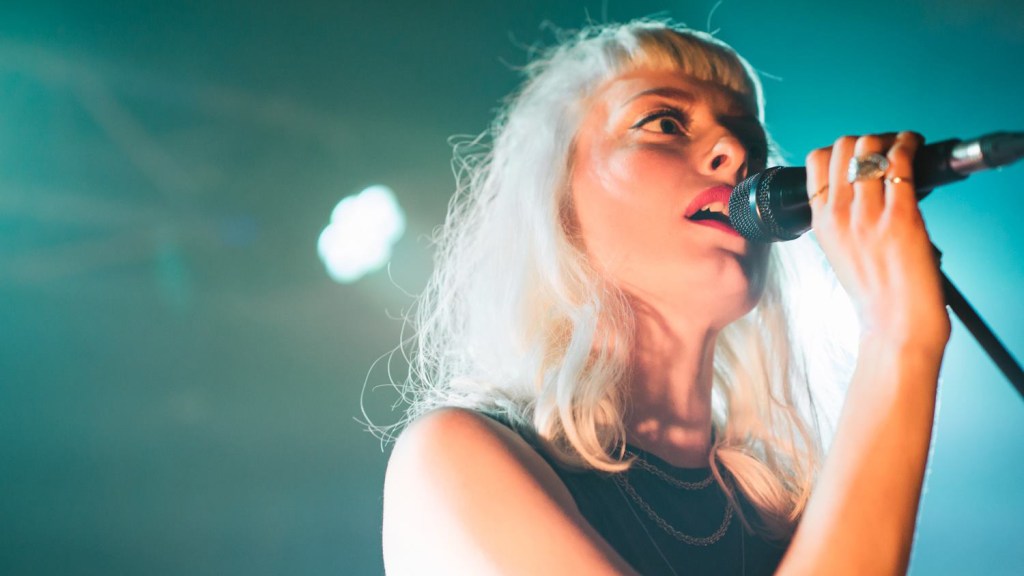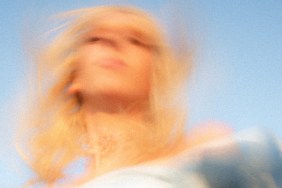At the beginning of this month, Maribou State released their debut album, Portraits, to resounding gongs of critical acclaim. Taste-makers and critics have likened the duo’s sounds to the deep, metallic drawl of Jamie XX or the technicolor sound-circus of Golden Panda.
Whilst such comparisons are flattering, Maribou State is crafting their own unique sound. In their picturesque studio hideaway in Hertfordshire, the boys throw together beautiful music that according to them sways “to the more sleepy side of electronic music”. Importantly though, this “sleepy” music was born from years of hard work that transformed them from amateurs to musical maestros.
Maribou State talk about their love for the “more melancholic and soulful side of music” and taking “the album on the road”. Look out for them as their textural soundscapes start to fill the airways.
Listen: Maribou State – Raincoats
MF: What has been the biggest highlight for you guys so far in 2015?
MS: There’s been a lot of highlights so far this year, but I think the stand out moment has been putting the live show together and doing our first live performance. We’ve been working up to it for so long now that it feels like a huge release to finally be able to get more hands-on and take the album on the road.
MF: As you have maneuvered your way into the epicentre of the UK electronic music, people have compared you to Jamie XX, Gold Panda and Sohn (to name a few).To me, your music sounds like a Bonobo-Crystal Castles tangle. But, how would you describe, and perhaps differentiate, yourselves as artists?
MS: I think it always quite a difficult thing to describe your own music, especially without using comparisons. I think our love for the more melancholic and soulful side of music is definitely reflected in our own.
I think we would like to say that it’s a little bolder than it is, but especially on Portraits, we have a tendency to sway to the more sleepy side of electronic music. I think also the fact that we spend a lot of time listening to music that isn’t electronic has really inspired the way we make our own.
MF: When you guys collaborate with a vocalist, you always maintain the fidelity of their voice. For example in The Clown, you carefully envelope Pedestrian’s papery, falsetto voice in this smooth, colourful groove. How do you successfully marry your sound with a collaborator’s voice?
MS: I think initially it has to be the right vocalist. With Portraits we fortunately knew from past projects that Holly and Jack’s [Pedestrian] vocals lend themselves well with our music, which made things a lot easier. We usually try and leave as much space as possible for the vocal to shine through and then build up the backing track around it but it really just depends on the song.
Listen: Maribou State – The Clown
MF: The tracks you have released are quite complex. In Wallflower, broken vocal samples flitter with a pregnant pulsing and muddy guitar slicks ride percussive pandemonium. It is brave and beautiful. How do you go about building such textural soundscapes?
MS: It’s a very unintentional thing, a lot of the time when one of us is outside the studio you can sometimes hear ghost notes, or parts that aren’t even in there so we often get carried away and try and bring these extra nuances out the track.
Also we both tend to get bored of a track or idea very quickly so a lot of the time the song will get smothered with different layers and sounds to keep it interesting for the both of us. It can be a blessing and a curse at the same time.
MF: Writing a single soundpiece is small when compared to a whole album. I can imagine that Portraits is born from a pedantic process of sonic subtraction and addition. Can you describe the process that produced your soon to be released debut album?
MS: I think all music production, or anything created really, follows some form of a meticulous process. I feel like we especially pay close attention to detail and often get hung up on the smallest of things when writing.
In regards to Portraits, as the LP was written over the space of a year, our writing methods would have developed dramatically from the start of the early demos to putting the finishing touches on the record, so its hard to comment. Each track has its own history of how it was made, some more straightforward than others.
Listen: Maribou State – Wallflower
MF: It is clear that you are not amateur laptop-reliant producers. All the musical wizardry and songcraft hints not only at a preternatural talent but also a strong work ethic. Over the years, how have you guys crafted your musicianship to its current level?
MS: It’s been a very gradual process; from picking up guitars back at school to using production software at University and engaging ourselves in a wide variety of different music. Unfortunately we’ve always spread ourselves thin over the years, we can play a few different instruments with a basic understanding but we’ve never really become talented on one piece of equipment. I’m glad that we’ve kept things varied though over the years as I think been reflected in the music we make.
MF: You guys have gone from bedroom producers in Hertfordshire to trekking the planet – going to festivals like Glastonbury, Warehouse Project, Bestival and Strawberry Fields, here in Australia. What has it been like to transition from the studio to the stage?
MS: It’s always exciting to take a new track we’ve worked on and play it in a live environment but it has been hard at times. The music we make doesn’t exactly make a festival crowd want to get up and have a dance, so we’ve had to edit a lot of our music to make the transition more fluid.
MF: How do you plan to perform Portraits live? Any exciting surprises?
MS: We’ve already been playing a few of the tracks from the album live, but we are just getting into rehearsals this week to start figuring the rest out. Its early days but we definitely want to make sure our live set doesn’t just sound like the record.
–

![Maribou State - OIivia [OFFICIAL VIDEO]](https://i.ytimg.com/vi/BwENJmmqBqQ/hqdefault.jpg)











